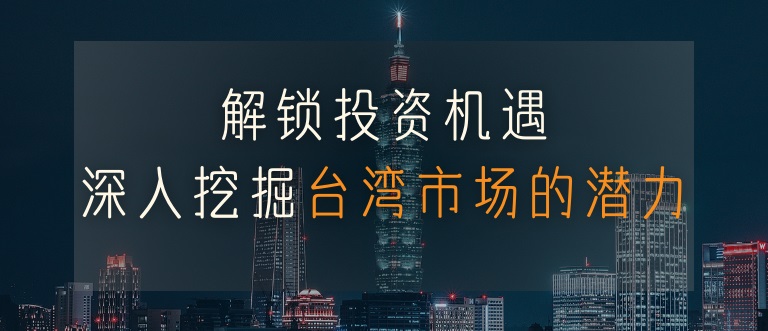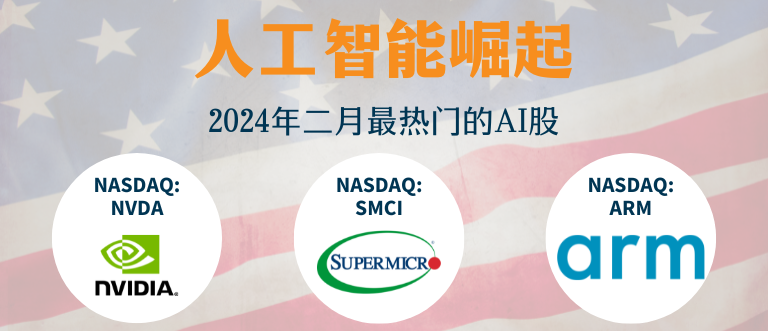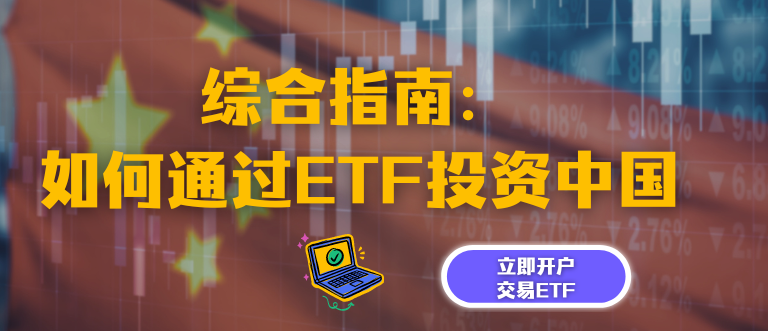Bourse
Table of Contents
Bourse
The term “bourse,” which is widely used interchangeably with “stock exchange,” is a fundamental component of international financial systems. It functions as a bustling marketplace where investors trade various financial products, from derivatives, stocks, and bonds to commodities and bonds. A bourse is a crucial component of the economic infrastructure that facilitates transparent transactions, fosters capital development and provides liquidity.
What is a bourse?
A bourse is a stock market or securities exchange where financial products, including bonds, stocks, and commodities, are purchased and sold. It acts as a marketplace where investors may trade various financial assets, making it easier for buyers and sellers to swap securities. Examples of prominent bourses include the NASDAQ and the New York Stock Exchange (NYSE) in the United States; the Tokyo Stock Exchange (TSE) in Japan; and the London Stock Exchange (LSE) in the UK.
Bourses offer a regulated platform with set rules and regulations to guarantee fair and transparent transactions. They are essential to the financial system’s operation because they give firms a way to raise money and provide liquidity and price discovery. There are bourses throughout the world, and each has its own rules and methods of trading.
Understanding bourse
A bourse is fundamentally a trading place for purchasing and selling financial instruments. This covers a range of securities, such as stocks, bonds, and commodities. It offers investors and dealers a controlled and organised environment to conduct business. This function is essential to finance because it guarantees the free movement of capital throughout the economy.
Bourses are crucial parts of the world’s financial markets network. Technological developments have enabled traders and investors to access bourses around the globe. This global connectivity presents unprecedented worldwide prospects for capital allocation and diversification.
A bourse’s performance frequently serves as a leading economic indicator. A thriving bourse can indicate economic optimism. It suggests that investors have optimism about the future, which encourages further investment and spurs economic expansion.
On the other hand, a sinking bourse can indicate ambiguity or pessimism, which might significantly affect the economy. There are many different investing options available on modern bourses.
Although traditional bonds and equities remain significant offers, investors can access various financial products. Exchange-traded funds (ETFs) have become popular since they offer exposure to different asset classes, industries, and regions. Moreover, derivatives and structured instruments enable advanced risk management and speculation.
Working of a bourse
A bourse is a market or stock exchange. It makes purchasing and selling shares easier. These securities comprise, among other assets, stocks, bonds, currencies, commodities, and options. Professional traders, individual investors, governments, and companies are all brought together in one marketplace via bourses.
Bourses give merchants a convenient place to conduct fast and simple trades. As a result, there is market liquidity, and trades can proceed without interruption or, for the most part, delay. While several bourses were once known for their in-person trading, many have since transitioned to electronic trading and are now (completely) automated.
History of bourses
Some of the first bourses can be traced back hundreds of years to mediaeval Europe. One of the oldest financial organisations is the Bruges Bourse, which was founded in the thirteenth century and served as a marketplace for traders and bankers to exchange goods and money. Founded by the Dutch East India Company in 1602, the Amsterdam Stock Exchange is widely recognised as the world’s first formal stock exchange.
Bourses developed over time to meet the increasing complexity of financial markets, resulting in the founding of famous exchanges such as the New York Stock Exchange in 1792 and the London Stock Exchange in 1801. Late 20th-century technological developments converted bourses into international electronic marketplaces, facilitating real-time trading and increasing accessibility for investors everywhere.
Examples of a bourse
The Euronext stock exchange, active throughout several European nations, is a well-known example of a bourse. Euronext, formed in 2000, acts as a pan-European platform facilitating trading stocks, bonds, and derivatives. It includes the stock markets in Amsterdam, Brussels, Dublin, Lisbon, Milan, and Paris, giving investors in these areas access to a single market.
Euronext adheres to tight regulatory guidelines, guaranteeing open and effective trading procedures. Investors can access various financial instruments, contributing to market liquidity and price discovery. Cross-border investment is made more accessible by a single exchange like Euronext, which allows investors and businesses to diversify their portfolios internationally within the confines of a well-run and regulated market.
Frequently Asked Questions
Strategic planning and cautious thought are necessary while investing in the stock market, sometimes called a bourse. Study the financial position and prospects of the companies you plan to invest in by doing preliminary research.
To spread risk, diversify your holdings and establish definite investment objectives corresponding to your financial goals. Keep yourself updated on economic statistics and market developments. As the stock market can be volatile, use professional guidance when necessary and exercise patience. For a successful investing, periodically assess and tweak your portfolio according to changing market conditions and financial objectives.
The bourse, or stock exchange, is essential for a functioning economy as it facilitates trading of securities such as stocks and bonds. It provides a platform for everyone to raise capital, investors to trade assets, and governments to implement monetary policies. It fosters company growth by allowing them to acquire capital via initial public offerings (IPOs). Also, the bourse serves as the hub of the stock market, fostering the capital formation, liquidity, and transparency that are essential to a robust and thriving market.
Go to the branch or website of the financial institution you are interested in to open an account. Fill out the application as requested, including your personal information and any supporting documents (proof of address, identification, etc) Observe the guidelines provided by the organisation for funding and account verification. Extra steps may be needed for online applications, such as uploading files or using electronic signatures. Before completing the process, make sure you have read and comprehend the terms and conditions.
Related Terms
Most Popular Terms
Other Terms
- Options expiry
- Adjusted distributed income
- International securities exchanges
- Settlement currency
- Federal funds rate
- Synthetic ETF
- Physical ETF
- Notional amount
- Negative convexity
- Jumbo pools
- Inverse floater
- Forward Swap
- Underwriting risk
- Reinvestment risk
- Final Maturity Date
- Payment Date
- Secondary Market
- Margin Requirement
- Mark-to-market
- Pledged Asset
- Yield Pickup
- Subordinated Debt
- Trailing Stops
- Treasury Stock Method
- Stochastic Oscillator
- Bullet Bonds
- Basket Trade
- Contrarian Strategy
- Exchange Control
- Notional Value
- Relevant Cost
- Dow Theory
- Speculation
- Rand cost averaging
- Sustainable investment
- Stop-limit sell order
- Constant prepayment rate
- Covenants
- Companion tranche
- Synthetic replication
- Beneficiary
- Reverse stock splits
- Quiet period
- Prepayment risk
- Interpolation
- Homemade leverage
- Hyperdeflation
- Hope Credit
- Prime bank investments
- Purchasing power
Know More about
Tools/Educational Resources
Markets Offered by POEMS
Read the Latest Market Journal

本文旨在为中级外汇交易者提供必要的信息和知识。它将涵盖我们上一篇文章 “五分钟看懂世界上最活跃的市场-外汇差价合约(FX CFD)...

解锁台湾股市的投资潜力!深入了解由强大的技术驱动型经济推动的股票市场,2023 年机械和电气设备将占出口的 69%。在政治稳定、投资者友好的法规和健全的法律框架下,探索台积电和富士康等全球顶级企业。台湾股市值得称赞的历史表现和在国际贸易中的的重要性使其更具吸引力。在这个科技实力雄厚、经济稳定、充满活力的股票市场中,抓住增长机遇!

了解外汇市场 外汇交易市场又称外汇市场,是一个买卖货币的全球性金融市场。它是全世界规模最大、流动性最强的金融市场,每日交易量超过 6 万亿美元。但外汇市场有一个重要却常被忽视的一点,就是它受交易心理的影响。在本文中,我们将探讨外汇市场的复杂性,还有把重点放在交易心理与传统交易策略共同发挥的关键作用...

五分钟看懂世界上最活跃的市场 -外汇差价合约(FX CFD)
外汇交易市场俗称外汇或外汇市场,是全球金融市场的支柱。它是世界上最活跃的市场,2022 年 4 月,全球交易额达到创纪录的每天 7.5 万亿美元[1] 。这个活跃的市场为交易者提供了利用货币价格波动赚取利润的机会。在本文中,我们将解释外汇市场的基本原理,助您了解其投资机制。 什么是外汇? 外汇市场是一个分散的全球市场,世界上所有货币都在这里进行交易...

随着通胀数据趋向 2% 的理想目标,人们普遍乐观地认为,在任何可能的降息之前,市场都不会受到不利影响。以下是美股市场2024年的一些重要事件,投资者在做出投资决策时可以参考留意。

根据《东南亚态势报告:2023》,失业和经济衰退是当前东南亚面临的主要挑战。各国采取了各种政策和措施以恢复经济,尽力摆脱新冠疫情的影响。尽管如此,越南在经济和社会方面展现出了令人满意的复苏迹象,经济增长逐季上升,成为世界经济的亮点之一。虽然全年GDP增速放缓至5.05%,低于政府6.5%的目标,但越南仍然是地区和世界经济增速较快的国家之一。






















